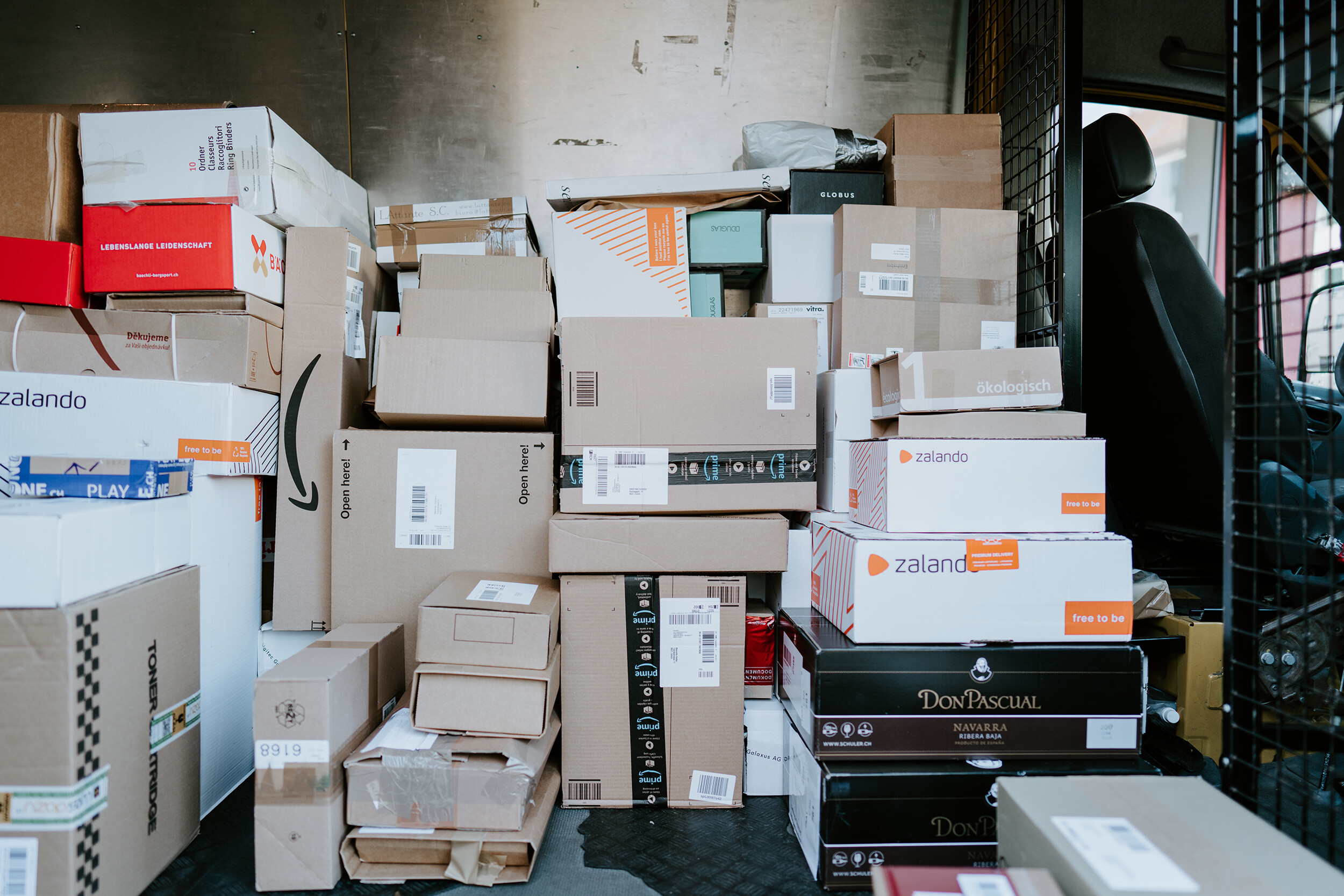 “Homeless is trending,” my friend texted me, a few years ago. At the time, I was entertaining the idea of restoring a vintage VW bus to drive across the country, after losing my job in New York City. I was convinced I could live out of my van, camp or couch surf when need be, all while getting to explore the country. It had always been a dream of mine to see all of the states, and this would make the daunting task of transporting my belongings back home to California more convenient.
“Homeless is trending,” my friend texted me, a few years ago. At the time, I was entertaining the idea of restoring a vintage VW bus to drive across the country, after losing my job in New York City. I was convinced I could live out of my van, camp or couch surf when need be, all while getting to explore the country. It had always been a dream of mine to see all of the states, and this would make the daunting task of transporting my belongings back home to California more convenient.
I never did get my dream car, but the hashtag #VanLife is still trending. Many are opting for a minimalist lifestyle as an alternative to sky-high rents, expensive living costs and falling victim to consumerism in general. Millennials are trading the traditional 9-to-5 job for the ability to work remotely and travel, well, anywhere. As we’ve noted before, they prefer experiences over things. Some, on the other hand, prefer a more simplistic way of being and might choose to grow their own food and live off the land.
Take, for instance, this woman who lived on the extreme end of the frugality spectrum: She renounced money more than a decade and instead got by bartering her services in exchange for room and board. Meanwhile, this woman adopted a zero-waste lifestyle—one that didn’t involve hoarding—and made the most use of what she already owned. Others opt for a frugal lifestyles to maximize their earning potential. This Google employee, based in the Silicon Valley, lives out of a truck and takes advantage of the tech company’s amenities, such as showers and a gym. His lifestyle may not be that of the rich and famous, but, with the money he’s saving on rent (the California Bay Area being one of the most expensive cities in the country), he’s surely on his way to billionaire status.
While we’re not suggesting quitting your job, giving up your apartment or forgoing currency altogether, here are some of the best frugal lifestyles tips we’ve learned from extreme penny-pinchers:
 Delegate your finances.
Delegate your finances.
Frugal lifestyles blogger Fun, Cheap or Free swears the more bank accounts you have, the easier it is to manage your money by assigning each account to a different category you regularly spend money on (i.e. food, household items, clothing, etc.). If that sounds too complicated to keep track of, Dave Ramsey’s envelope method follows the same logic, only you allot cash to each category, which has its own separate envelope. This requires discipline, as you can only spend the cash that is in the envelope until your next paycheck. If you don’t have enough cash for all your groceries, you have to put something back! Some helpful tips:
- Proceed with caution: If going the multiple bank account route, be aware that many checking accounts will charge a fee if you do not maintain a minimum balance each month.
- Pay yourself first: Both methods highly recommend immediately setting aside a portion of your income for savings. Consider it money you can’t touch. If possible, set-up direct deposit and an automatic transfer to avoid temptation.
- Plan ahead: Stock up on convenience foods, such as frozen pizzas or cereal bars, and keep them close by, in case you do run out of cash. Meal-prepping is also a great way to avoid overpaying on last-minute, impulse food items.
In what areas of your life can you downsize? This family gave up all their vehicles except one, while this woman saved by not shopping for an entire year. Take an honest inventory of where you’re spending excessive money, and cut down wherever possible. Some helpful tips:
- Pay in full: Reach out to your car insurance company about paying the full year in advance. Most companies will offer a discount to pre-pay.
- Watch out for too many subscriptions: $5/month for an entertainment app might not seem like a lot, but it can quickly add up, especially when you consider Netflix or Hulu, Audible, Amazon Fresh, Stitch Fix and all the things.
Consider value over cost.
Even if you’re not interested in fasting, being mindful about your spending can pay off. Instead of your routine Target trip, on which you feel like you’re saving money because of all the great deals but really end up with all the things you never knew you needed in your cart, plan your shopping trips in advance. In Europe, for instance, consumers typically only shop specific times a year, when they know there are sales. In our consumer-driven culture, we can’t avoid sales but we can get clear about what we’re buying and why we’re buying it. Before purchasing an item, consider the cost per wear formula. Divide the cost by how many times you’ll actually wear it to determine its value. Squawk Fox blogger, on the other hand, uses this math formula, which factors in your salary and how much you have to work in order to afford a particular item, to weigh an item’s worthiness.
(Did you know that when shopping with Goodshop you can get rewarded with cash back on your everyday purchases? Enjoy the benefits of a credit card—without racking up the debt.)
Contrary to popular belief, frugal lifestyles doesn’t have to mean missing out. It’s a way of life that can actually feel abundant and sustainable. What are your favorite frugal lifestyles tips? Let us know in the comments below.













